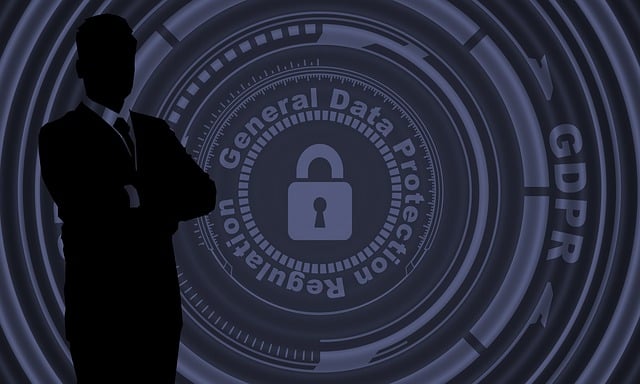Businesses in commercial access control face a complex web of legal obligations, from data protection laws (like GDPR) to industry and safety standards. Robust security measures are vital for protecting sensitive data, intellectual property, and physical assets, while adhering to regulatory requirements such as encryption, role-based access controls, and clear privacy policies. Regular compliance checklist updates are crucial to adapt to evolving security threats and legal demands in this competitive landscape.
“In the realm of modern security, ensuring legal and regulatory compliance for access control systems is paramount, especially in commercial settings. This comprehensive guide delves into the intricate world of obligations and regulations guiding commercial access control. From understanding key legal mandates to navigating data privacy concerns, this article equips businesses with essential knowledge. Learn about pivotal regulatory bodies and their specific requirements, and discover a practical compliance checklist for implementing robust security measures. Embrace best practices to safeguard your business and maintain regulatory adherence.”
Understanding Legal Obligations for Commercial Access Control
In the realm of commercial access control, businesses and organizations must navigate a complex web of legal obligations to ensure they maintain secure facilities while adhering to relevant laws and regulations. Implementing robust access control measures is not merely about protecting physical assets; it’s also about safeguarding sensitive information and ensuring the safety and privacy of employees and visitors. Understanding these legal requirements is crucial for any commercial enterprise aiming to implement effective access control systems.
Commercial access control involves a comprehensive approach, including identity verification, authorization protocols, and monitoring procedures. Businesses must comply with data protection laws, such as GDPR or industry-specific standards, which often require robust security measures to safeguard personal information. Additionally, they need to consider fire safety regulations, health and safety guidelines for visitors, and employment laws that dictate access rights for employees based on their roles. Staying informed about these obligations is essential to avoid legal repercussions and ensure a secure operational environment.
Key Regulatory Bodies and Their Access Control Requirements
In the realm of commercial access control, understanding and adhering to regulatory requirements are paramount for businesses aiming to maintain security while ensuring legal compliance. Key Regulatory Bodies, such as the Federal Trade Commission (FTC) in the United States or data protection authorities like the General Data Protection Regulation (GDPR) across Europe, dictate standards for handling sensitive information and controlling access to facilities and data.
For commercial access control systems, these bodies mandate robust security measures, including encryption of data, role-based access controls, and clear privacy policies. They also enforce strict guidelines on consent management, requiring businesses to obtain explicit permission from individuals before collecting and processing their personal data. Compliance with these regulations not only safeguards against legal penalties but also instills public trust in the company’s handling of sensitive information.
Implementing Security Measures: A Compliance Checklist
Implementing robust security measures is a non-negotiable aspect of managing any commercial access control system. It’s crucial to ensure that your access control practices align with legal and regulatory standards, protecting sensitive data, intellectual property, and physical assets. To achieve this, businesses should create a comprehensive compliance checklist tailored to their specific industry and location.
This checklist must encompass various critical areas, such as employee training on security protocols, installation of state-of-the-art access control technology, regular system audits, and robust data protection measures. It’s equally important to document these processes, maintain detailed records, and stay informed about evolving legal landscapes governing commercial access control. Regularly reviewing and updating your compliance checklist is essential to adapt to changing security threats and regulatory demands.
Data Privacy and Protection: An Essential Aspect of Access Control
In the realm of commercial access control, data privacy and protection have emerged as indispensable components alongside security measures. As organizations collect and process vast amounts of sensitive information, ensuring the confidentiality, integrity, and availability of this data is paramount. Access control systems, therefore, must be designed with robust data protection mechanisms to safeguard personal and corporate secrets.
Regulatory frameworks like GDPR in Europe and CCPA in California have set stringent standards for businesses handling customer data. Non-compliance can result in severe penalties and damage to reputation. Thus, commercial access control solutions need to incorporate features such as encryption, role-based access controls, audit trails, and secure data disposal methods. By adhering to these practices, organizations can maintain trust, mitigate legal risks, and ensure their access control systems contribute positively to overall data privacy and security.
Ensuring legal and regulatory compliance in commercial access control systems is paramount for businesses to protect their operations, data, and customers. By understanding the key obligations, engaging with relevant regulatory bodies, implementing robust security measures, and prioritizing data privacy, organizations can create secure environments while adhering to essential legal frameworks. This comprehensive approach not only safeguards against potential risks but also fosters public trust in commercial access control practices.
